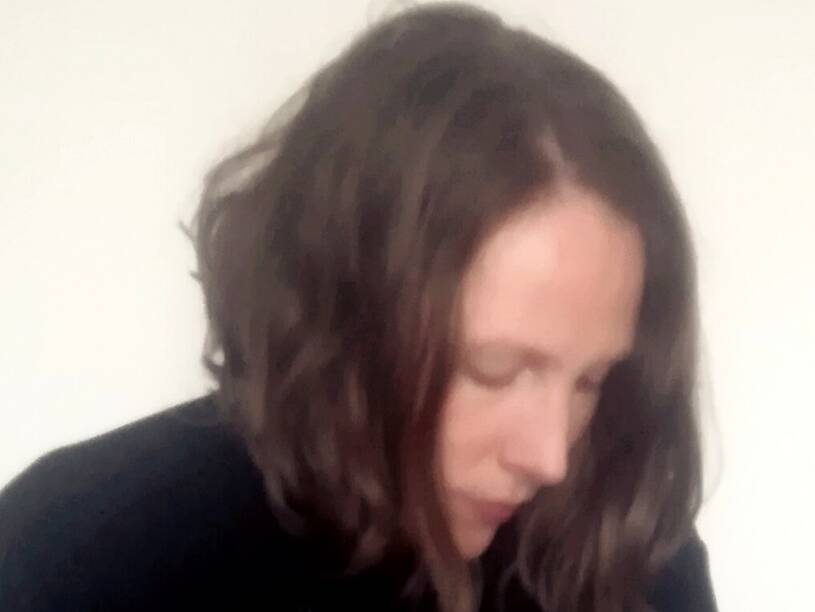Our board
The Women for Women France team is composed of multi-disciplinary and multi-lingual professionals working from all regions of France. The team is supported by a board of directors. Their role is to ensure the operational team has the resources they need to carry out their life-saving work, ensure good governance of the organisation and define the overall strategic direction.
-
Sarah McGrath
CEO
Sarah brings to WFWF 20 years of financial governance and complex project delivery experience in the private, public, and not-for-profit sectors across three continents with budgets ranging from 5m to 750m USD.
An Australian immigrant living in…
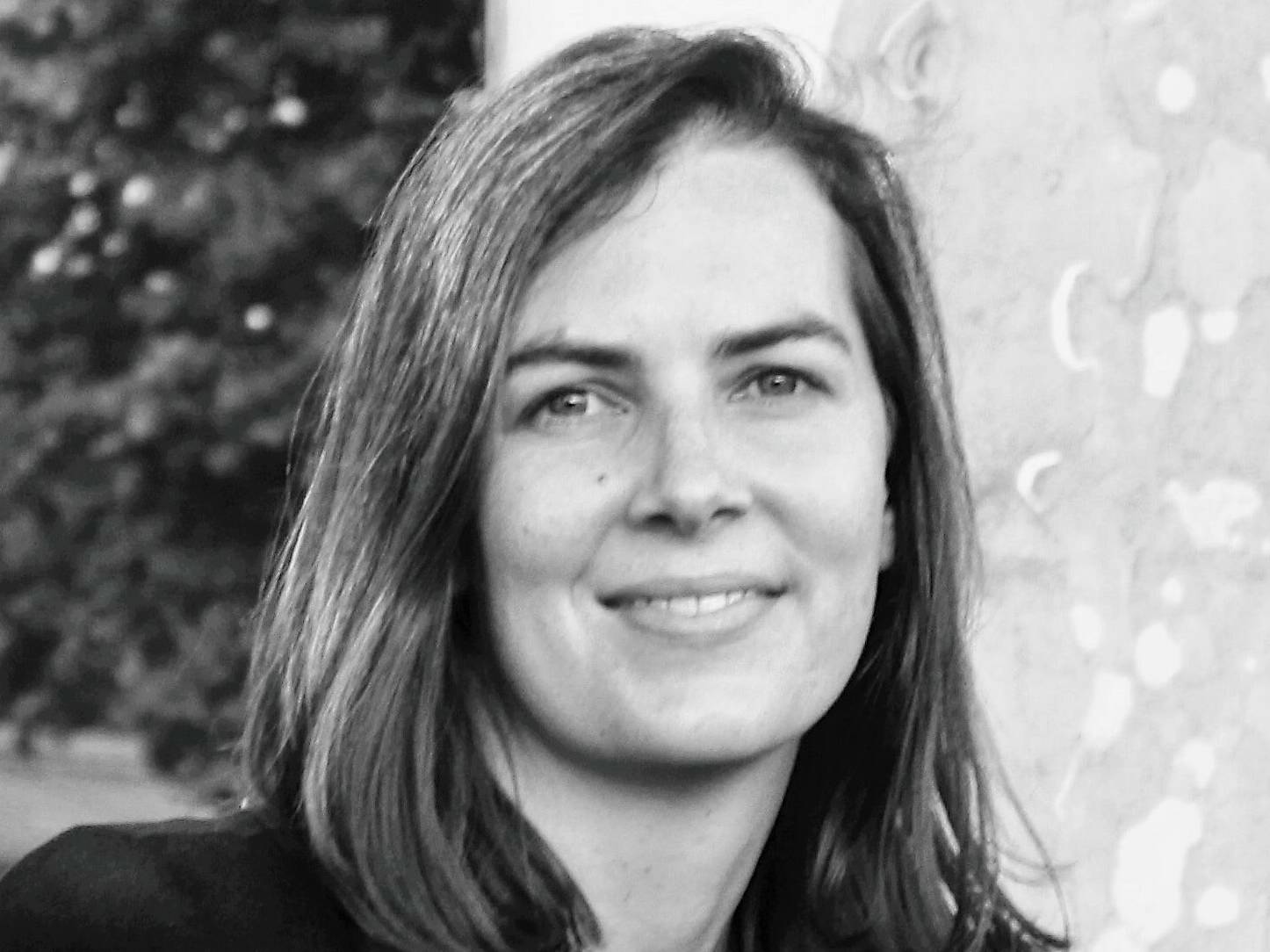
-
Yasmine El Kotni
President
Yasmine El Kotni is an expert in digital projects and nonprofit project management and has supported Women for Women France with her expertise since its foundation.
Yasmine is French-Moroccan. She moved to France after a childhood in Morocco for her…
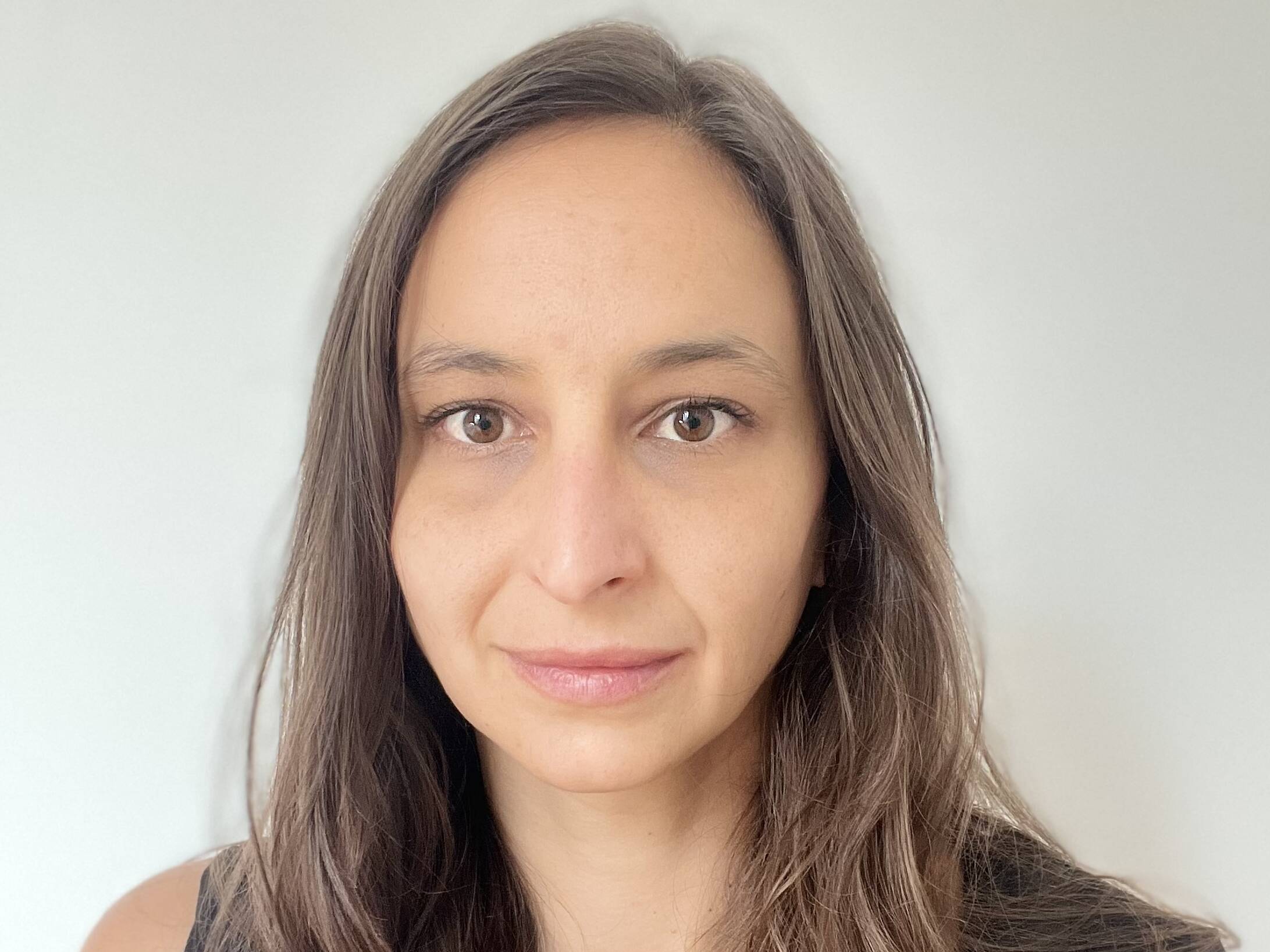
-
Laurette Demanou
Board
Laurette Demanou is a financial consultant and certified public accountant. She is an expert in financial audit and advisory.
Laurette is from Cameroon and immigrated to France in 2018. She is particularly sensitive to issues related to immigration,…
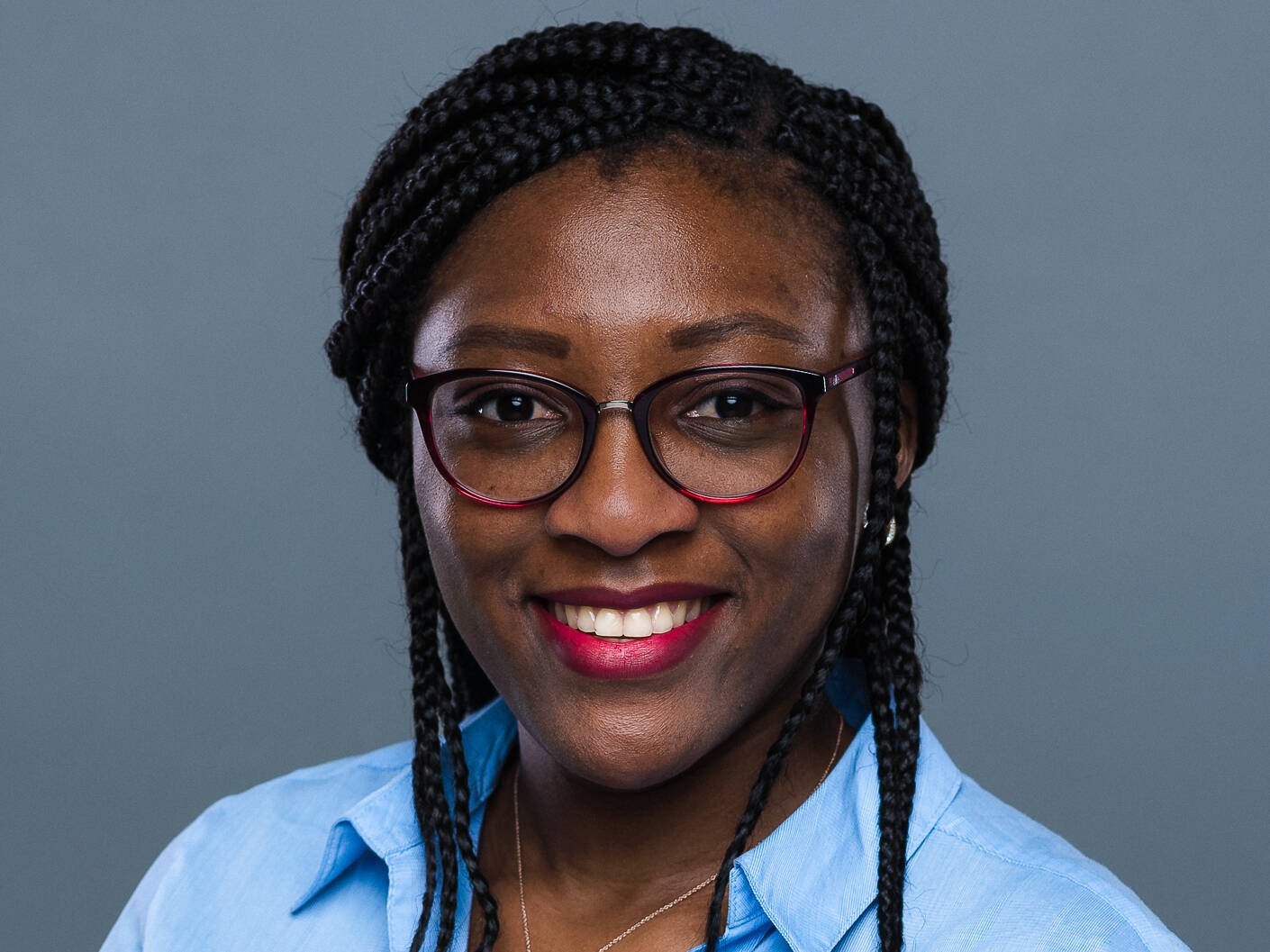
-
Clara Louisor
Board
Committed to the elimination of violence against women, Clara Louisor is a lawyer specialising in the rights of women, families and victims of domestic abuse. Clara holds Master 2 in Family Law during which she wrote a thesis on gender binarity in…
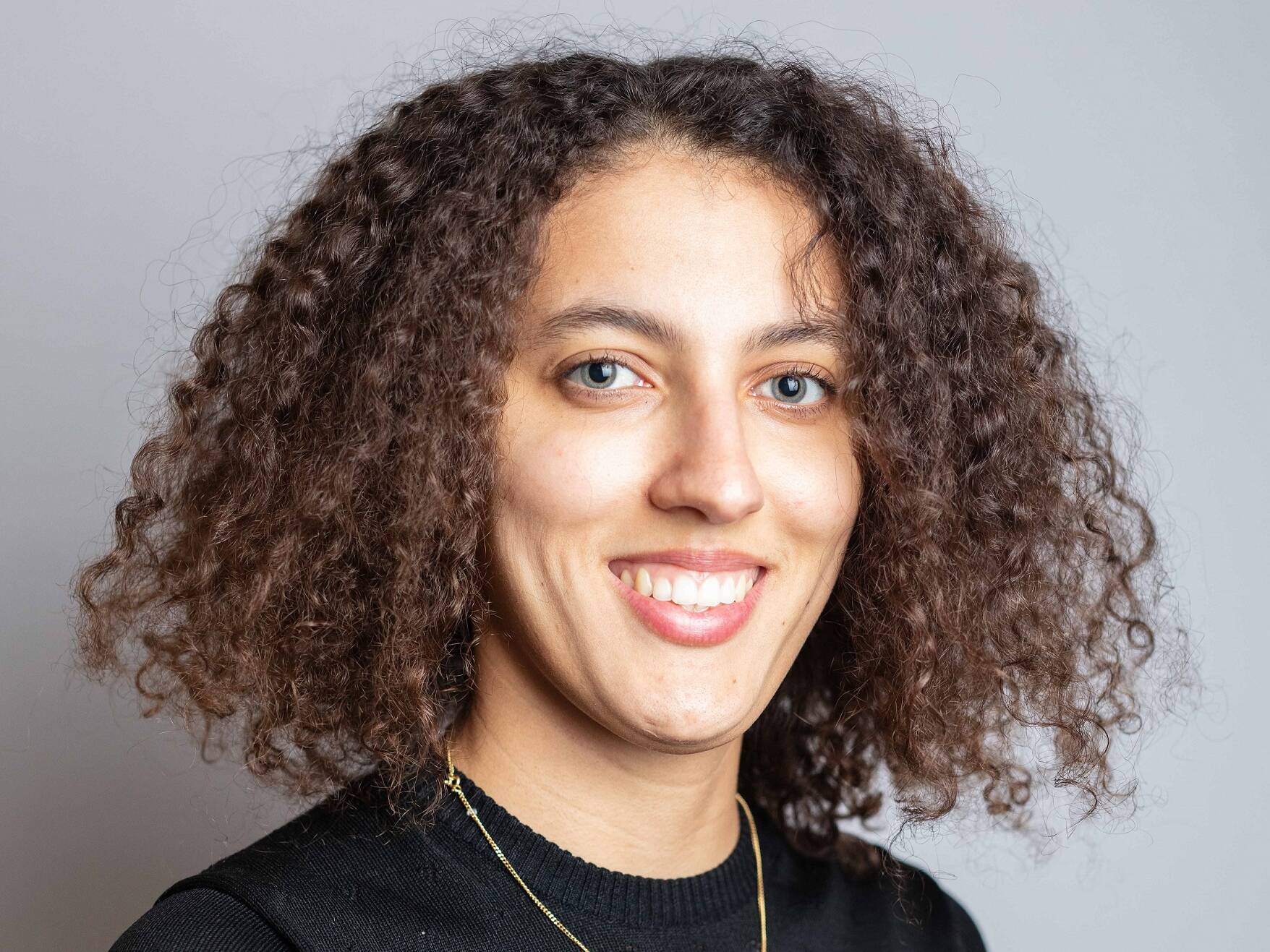
-
Lisa Tanjen
Board
Lisa Tanjen is an administrative specialist with an International Organisation based in Paris. She has over 15 years experience in administrative and process development.
Originally from Norway, Lisa has spent near 20 years in France where she now…
